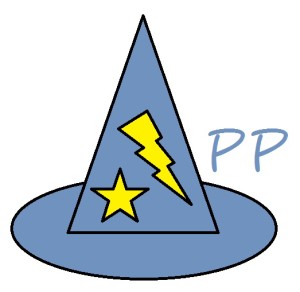What makes a good 60-card Magic: The Gathering deck? Do you overrun your opponent with your army of middling to strong creatures? Is there an unbeatable combination of cards that, if left unchecked, assures your victory? Or does your strategy involve stalling your opponent’s resources to the point that they resign in defeat or frustration?
A deck, in theory, is only as good as its pilot; you need to have a win condition (win con), the method by which a deck is used to win.

Knowing when to withhold a spell until the opportunity to use it presents itself is just as important as casting it. For example, if your win con relies on summoning your 10/10 flying trample Beast creature, make sure your opponent has no responses. Wait until their hand is emptied of spells, or their resources are tapped out.
Where do the best deck ideas come from? If you are a “Spike,” a descriptor for Magic’s most aggressive, competitive players, you find inspiration from “netdecking” the format’s best deck lists, card for card.
However, as a “Johnny” player, I once designed an original or “rogue” deck that upset a number of netdecks at a tournament. It was a very sobering experience for the other player, who went undefeated for 40 matches until we were paired against one another.
Building a deck is a personal experience. A planeswalker’s true character is not only divined through their choice of cards, but also through how it is played.
